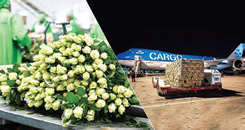 Regardless of how you grow, the profitability of your farm will depend on three main factors: demand, viability, and profit margin. Lots of new farmers focus the majority of their efforts on their ability to grow a single crop and forget to do research on the other factors.
Regardless of how you grow, the profitability of your farm will depend on three main factors: demand, viability, and profit margin. Lots of new farmers focus the majority of their efforts on their ability to grow a single crop and forget to do research on the other factors.
Turkish Cargo carries 4k tonnes flowers from Nairobi, Quito
Turkish Cargo transported 4,000 tonnes of flowers from Nairobi, Kenya to Stansted, Narita, Maastricht, and Riyadh; and from Quito, Ecuador to Amsterdam, Beijing, Manila, Jakarta and Taiwan, in addition to its charter flights.
The accomplished air cargo brand carried flowers between January 1 to February 10, 2019. Providing its services by means of the airconditioned aircraft for maximum freshness and shelf-life with cold chain solutions, Turkish Cargo makes it possible to carry the flowers of Africa, an important centre to grow flowers, to the entire world with its air cargo services provided to 36 countries across the African region, and a total of 54 destinations.

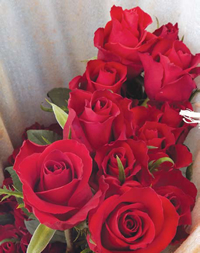 But first, the ever fascinating Valentine’s story
But first, the ever fascinating Valentine’s story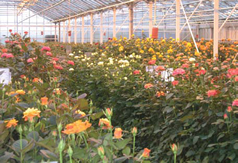 Luckily, consumers are starting to request more information on where and how their flowers were grown and who grew them. Most of the Kenyan growers welcome this paradigm shift.
Luckily, consumers are starting to request more information on where and how their flowers were grown and who grew them. Most of the Kenyan growers welcome this paradigm shift. As Britain prepares to leave the European Union, workers in Kenya’s flower industry are closely monitoring developments. Flowers are big business in Kenya and earnings from exports have doubled in the past five years. A key export destination is the UK, which most of the flowers enter after being auctioned in the Netherlands. Growers and exporters in Kenya are asking the same question – what impact will Brexit have on the flower trade?
As Britain prepares to leave the European Union, workers in Kenya’s flower industry are closely monitoring developments. Flowers are big business in Kenya and earnings from exports have doubled in the past five years. A key export destination is the UK, which most of the flowers enter after being auctioned in the Netherlands. Growers and exporters in Kenya are asking the same question – what impact will Brexit have on the flower trade?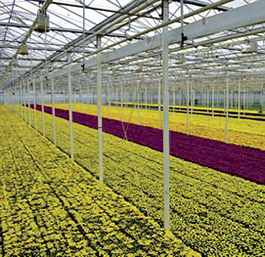 It’s not just vegetable greenhouses that are popping up across the country – Russian ornamental growers are doing good business too, expanding for the sake of self-sufficiency. For instance, a new greenhouse in Saint Petersburg is to meet up to 60% of the city’s demand in flowers for flowerbeds. A few months later, in June 2018, construction of a tulip greenhouse near Smolensk was announced. Other recent expansions include a rose greenhouse in North Ossetia, while a rose grower near Moscow just announced a 6 hectare expansion.
It’s not just vegetable greenhouses that are popping up across the country – Russian ornamental growers are doing good business too, expanding for the sake of self-sufficiency. For instance, a new greenhouse in Saint Petersburg is to meet up to 60% of the city’s demand in flowers for flowerbeds. A few months later, in June 2018, construction of a tulip greenhouse near Smolensk was announced. Other recent expansions include a rose greenhouse in North Ossetia, while a rose grower near Moscow just announced a 6 hectare expansion.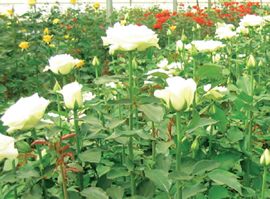 State-owned Ethiopian Airlines Enterprise is evaluating freighter flights through Miami — the main entry point for U.S. flower imports — Los Angeles or New York, regional manager Girum Abebe said in an interview. The company currently transports stems there only in the bellies of passenger jets.
State-owned Ethiopian Airlines Enterprise is evaluating freighter flights through Miami — the main entry point for U.S. flower imports — Los Angeles or New York, regional manager Girum Abebe said in an interview. The company currently transports stems there only in the bellies of passenger jets.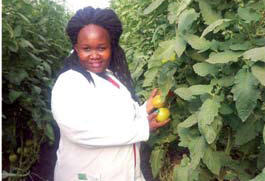 What is your personal back ground?
What is your personal back ground?